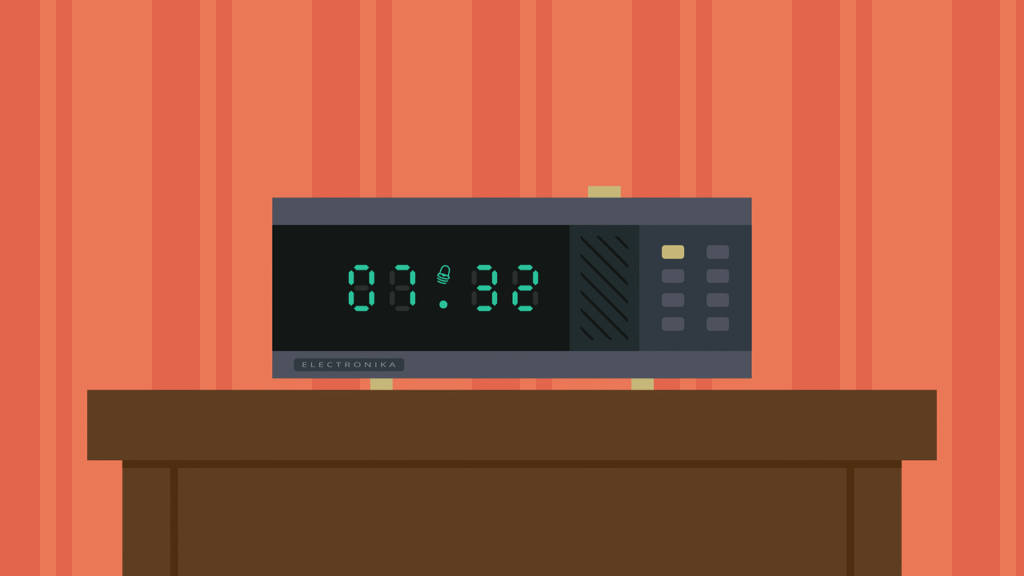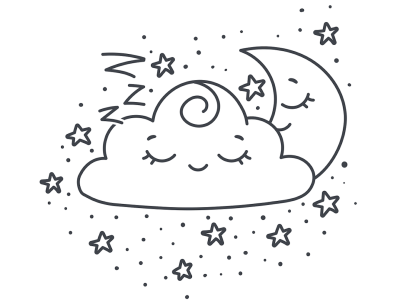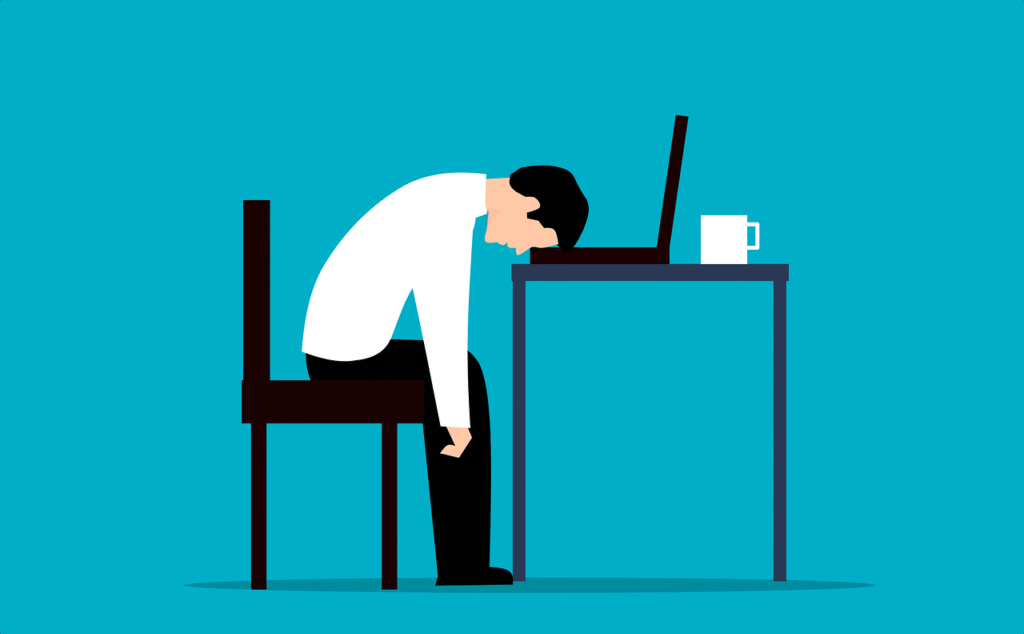If you’re tossing and turning at night, waking up groggy, or simply not getting the rest your body craves, you’re not alone. Millions struggle with poor sleep, but the good news is there are natural remedies and lifestyle adjustments that can significantly improve sleep quality—without turning to medication.
Here are 7 proven natural ways to sleep better tonight and wake up feeling refreshed and energized.
1. Establish a Consistent Sleep Schedule
Your body’s internal clock, known as the circadian rhythm, thrives on consistency. Going to bed and waking up at the same time every day—even on weekends—helps regulate this rhythm and can improve your ability to fall and stay asleep. Neuroscientist Dr. Andrew Huberman talks a lot about the importance of the consistency in sleep schedule. You can listen more about this in one of his podcasts on YouTube.
- Choose a bedtime that allows for at least 7–9 hours of sleep.
- Set an alarm not just to wake up, but to remind you when it’s time to wind down.
- Avoid sleeping in more than an hour later on weekends.

2. Create a Sleep-Friendly Environment
Your bedroom should be a sanctuary for rest. Environmental factors can have a huge impact on the quality of your sleep. Make your bedroom a place for rest and not for work or entertainment.
- Keep it cool: Aim for a room temperature between 60–67°F (15–19°C).
- Block out light: Use blackout curtains or a sleep mask.
- Limit noise: Try white noise machines, earplugs, or calming nature sounds.
- Invest in comfort: A supportive mattress and breathable bedding can make a significant difference.
3. Limit Blue Light Exposure Before Bed
Blue light from screens (phones, tablets, TVs, and computers) suppresses melatonin production—the hormone responsible for making you feel sleepy.
- Power down devices at least an hour before bed.
- Use “Night Shift” or “Blue Light Filter” settings in the evening.
- Consider blue light blocking glasses if you can’t avoid screens at night.

4. Wind Down with a Bedtime Routine
A relaxing pre-sleep routine tells your brain it’s time to shut down. This transition is especially helpful for reducing stress and anxiety that often interfere with falling asleep.
- Take a warm bath or shower. As you step out of a hot shower, your body begins to lose heat to the cooler room air. This “cool-down” mimics the natural evening decline in core temperature that helps trigger melatonin release and sleepiness. Aim to shower 60-80 minutes before going to bed.
- Read a physical book (not on a screen).
- Do light stretching or gentle yoga, but nothing intense.
- Listen to calming music or a guided meditation.
5. Watch What You Eat and Drink
Your evening diet can either support or sabotage your sleep.
- Caffeine: Steer clear at least 6 hours before bed. After 6 hours of consuming caffeine you will still have approximately 50% of the caffeine in your system. Best too avoid consuming caffeine after noon.
- Alcohol: It may make you sleepy initially but disrupts deep sleep.
- Heavy meals: Avoid large or spicy meals 2–3 hours before sleeping.

- Herbal teas like chamomile, valerian root, or lemon balm.
- Sleep-supporting snacks like bananas, almonds, or kiwi.
6. Get Natural Light During the Day
Exposure to natural sunlight—especially in the morning—reinforces your circadian rhythm and boosts daytime energy, which can help you feel sleepy at night. Some studies have shown that looking at the sunset could also improve your sleep quality and the ability to fall asleep faster.
- Spend at least 15–30 minutes outdoors in the morning.
- Open your blinds first thing in the morning.
- If natural light is limited, consider a light therapy box.
7. Move Your Body—But Not Too Late
Regular physical activity has been shown to improve sleep quality, reduce insomnia, and help you fall asleep faster.
- Aim for at least 30 minutes of moderate exercise most days.
- Activities like walking, cycling, swimming, or yoga are great options.
- Avoid intense workouts late in the evening—they may be too stimulating close to bedtime.
Bonus Tip: Try Natural Sleep Aids (With Caution)
Some people benefit from natural supplements like melatonin or magnesium. Always consult with a healthcare professional before starting any new supplement, especially if you’re taking other medications or have a health condition.
If you are looking for supplements to improve your sleep, check ELMNT Health website by clicking HERE.
Use discount code ‘WELLTECHIE’ to get 10% OFF.
Final Thoughts
Improving your sleep naturally doesn’t require a complete lifestyle overhaul—just a few intentional shifts in your daily habits. Start by implementing one or two of the suggestions above, and gradually build from there. Over time, you’ll likely notice not just better sleep, but improved mood, energy, and overall well-being.
Sweet dreams!

Affiliate Disclosure
Some of the links on this website are affiliate links. This means that if you click on a link and make a purchase, we may receive a small commission. This comes at no additional cost to you. We only recommend products and services that we have personally used, thoroughly researched, or believe will add value to our readers. The income generated helps support this website and allows us to continue producing free, valuable content.

